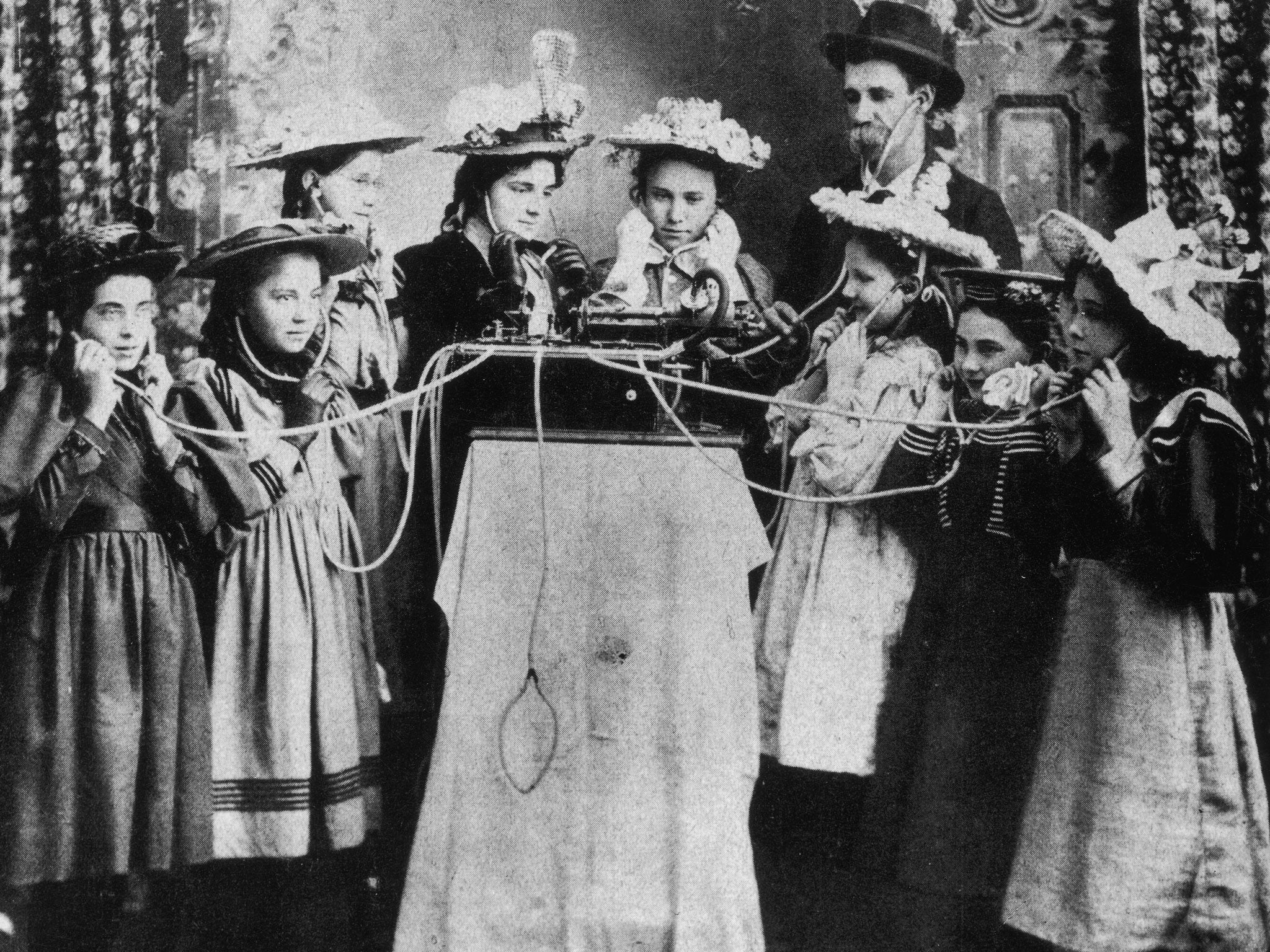The first jukebox: Rhodri Marsden's Interesting Objects No.88
Louis T Glass's "Nickel-In-The-Slot Phonograph" placed an Edison Class M Electric Phonograph into a wooden box and bestowed it with a coin slot

Your support helps us to tell the story
From reproductive rights to climate change to Big Tech, The Independent is on the ground when the story is developing. Whether it's investigating the financials of Elon Musk's pro-Trump PAC or producing our latest documentary, 'The A Word', which shines a light on the American women fighting for reproductive rights, we know how important it is to parse out the facts from the messaging.
At such a critical moment in US history, we need reporters on the ground. Your donation allows us to keep sending journalists to speak to both sides of the story.
The Independent is trusted by Americans across the entire political spectrum. And unlike many other quality news outlets, we choose not to lock Americans out of our reporting and analysis with paywalls. We believe quality journalism should be available to everyone, paid for by those who can afford it.
Your support makes all the difference.The word "jukebox" seems to have originated in late-1930s Florida, but the jukebox concept was born some 40 years earlier on the opposite side of America.
At the age of 44, Louis T Glass, a former telegraph operator and now general manager of the Pacific Phonograph Company, had an interesting idea: what if you could persuade people to part with five cents in return for hearing a song?
The result was the "Nickel-In-The-Slot Phonograph", an invention that placed an Edison Class M Electric Phonograph into a wooden box and bestowed it with a coin slot. Ker-ching!
The first one was installed in the Palais Royale Saloon at 303 Sutter Street, San Francisco, this week in 1889. It was similar to the modern jukebox in some ways (you paid your money, you got your tune) but it was markedly different in others. There was only one wax cylinder inside the box, so your choice of song was limited to… the song currently installed. In addition, loudspeakers hadn't actually been invented by that point, so people had to crowd around and listen on a number of stethoscope-style earpieces. In 2015, that sounds like a monumental drag; in 1889, it proved to be a local sensation.
According to phonograph historian Allen Koenigsberg, the Palais Royale Saloon was gone by the following year, but while the joint may not have been making much money, Louis T Glass certainly was. By the following May, when he and his colleague William Arnold patented the "Coin-Actuated Attachment", there were five machines installed in the local area raking in as much as $1,000 a month. So, not only were Glass & Arnold the inventors of the jukebox; by establishing demand for the public phonograph and the cylinders therein, they effectively kick-started the music business as we know it.
Join our commenting forum
Join thought-provoking conversations, follow other Independent readers and see their replies
Comments